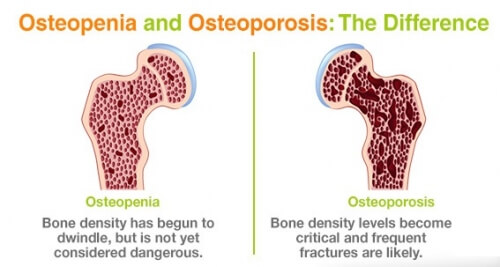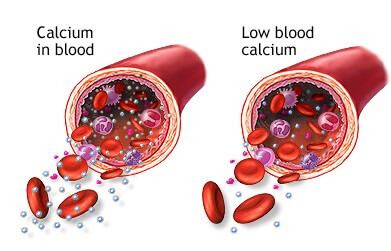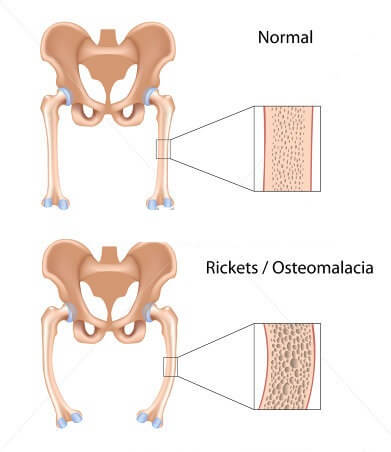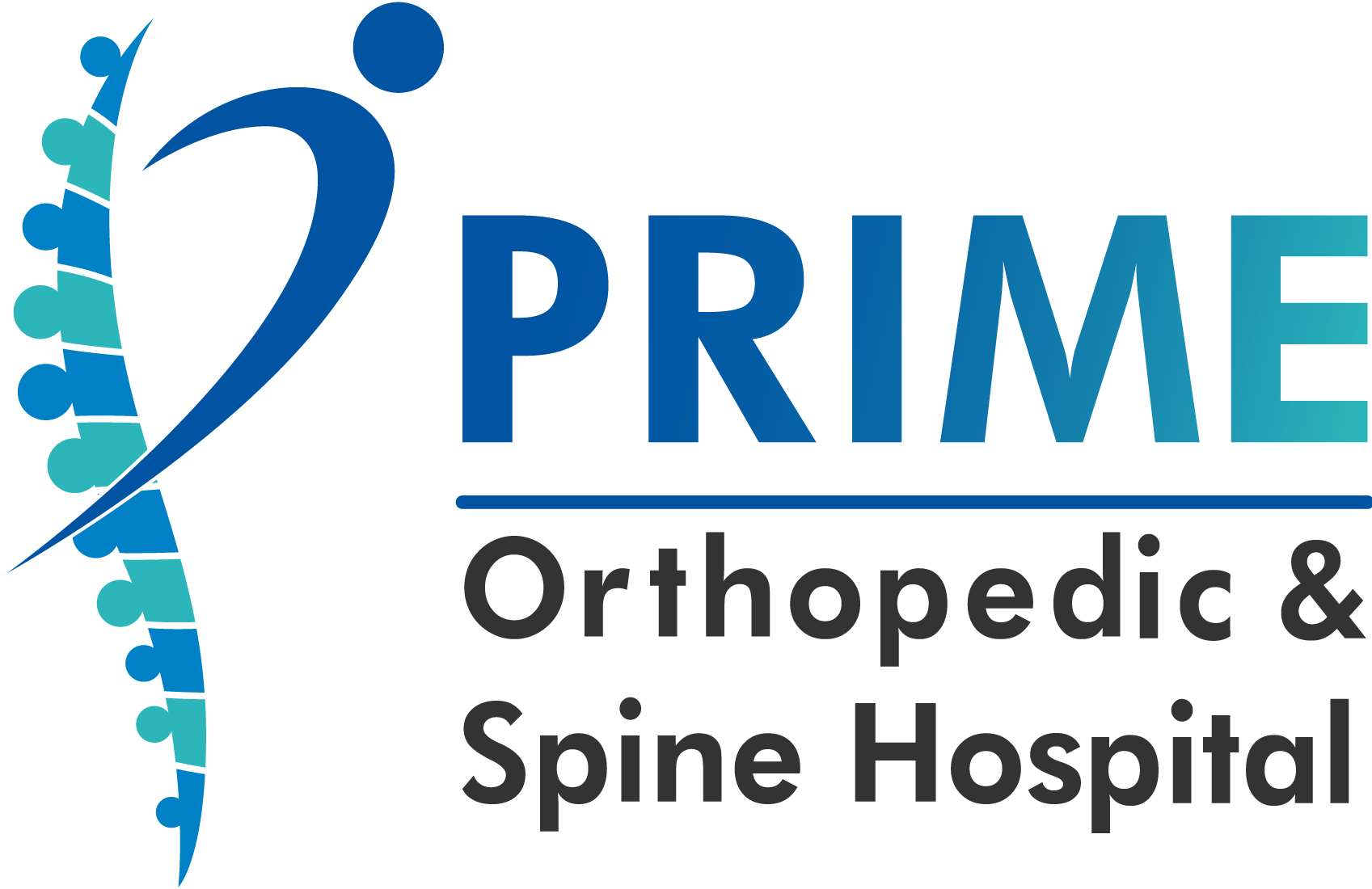From the very birth of the child, we recommend you to take calcium supplements. Gynecologists recommend calcium and iron supplements to pregnant women. We have learnt about the importance of calcium in schools too. Have you ever thought in detail about it?
Well, as one of the best orthopedic hospital in Anand, we intend to guide you about the necessity of calcium for your body and bones.
Let’s begin quickly!
Key Facts
Usually seen in
- Adults above 50 years of age.
- Females older than 4 years
- Males aged 9 to 18 years
Gender affected
- Both men and women but more common in women.
Body part(s) involved
- Bones
- Teeth
- Spine
- Nerve functions
- Heart rhythm
- Skin
Prevalence
- India: 40.6% (2019)
Necessary health tests/imaging
- Bone mineral density (BMD)
- Calcium test
- Vitamin D test
Specialist to consult:
- Orthopedic Surgeon
Function of Calcium
Some of you might think that just because we are one of the best spine hospitals in Anand, we are suggesting to you about the importance of calcium for bone health, right?
NO
Did you know that each body cell requires calcium? In case we are deficient in calcium then our body tries to get it from the cells present in the bones. This can lead to problems such as osteoarthritis.
Benefits of Calcium
Calcium has many benefits for bones, spine, teeth and many other body parts.
Increases bone strength:
Calcium is of utmost importance to our body. At prime orthopedic hospital, we always advise our patients to intake a proper diet that contains calcium. Our body stores calcium in the form of calcium phosphate. It is stored in the bones in the legs, spine, spinal cord, and arms.
Regulates nerve signaling
Neurons carry on the messages throughout our body. They contain calcium in the form of calcium ions. If the body is deficient in calcium then the neurons get affected and lead to major damage to the body. As one of the best spine hospitals in Anand, we ask our patients to get a serum calcium blood test done to measure the quantity of calcium in the blood.
Normalises cardiac activity
Our heart is a muscle that constantly contracts and expands to pump blood to the body. The muscles inside the heart are made up of filaments which get charged by calcium ions. The charge from the calcium ions help the heart to beat at the right pace. This in turn helps the body to maintain right blood pressure and keeps the heart healthy.
Promotes dental health
Calcium, Vitamin D and phosphorus work together to improve the strength and health of teeth and gums. Calcium is considered to be a hardening element and it helps in toughening the jawbones and microbes that can cause diseases.
Balances hormone levels
Women generally face hormonal problems due to periods. Calcium circulates in the bloodstream in the form of ions. Calcium balances the hormones and ensures menstrual cycles at normal times. At Prime orthopedic hospital, we have observed that balanced calcium levels lead to less pain during periods, less fatigue and regulates reproductive hormones in men and women.
Prevents Skin Damage
Lack of calcium causes white spots on the skin. Having a proper calcium content in your body ensures that you have a glowing skin and it remains free from diseases.
Weight management
Did you know that calcium binds with fats? This in turn prevents our intestines from absorbing the fats. This helps to keep weight under control
Symptoms of Calcium Deficiency
In India, we have very few people who do preventive check ups or yearly check ups to detect deficiencies in the body. Serving people as a best orthopedic hospital, we recommend people to do yearly check ups for health especially after age 40.
A blood test can detect calcium deficiency in a person. However, if you are experiencing certain symptoms as mentioned below then it can be due to calcium deficiency.
- Muscle ache and twitch
- Cramps and spasms
- Palpitations/irregular heartbeat
- High blood pressure
- Frequent bone fractures
- Ache in teeth
- Lack of sleep/Insomnia
- Premenstrual cramps
- Brittle nails and bad skin
- Larynx spasms
- Problems with blood clotting after injury
- Dry skin and eczema
- Rough/coarse hair
- Seizures
- Depression
What disease is caused by Calcium deficiency
Calcium deficiency can lead to many bone related diseases.
Osteopenia:

It is caused due to low bone mass which occurs due to calcium deficiency. The bone mineral density decreases and can further lead to osteoporosis.
Osteoporosis:

Osteoporosis is a progressive bone disease which is caused by bones becoming porous. Calcium deficiency leads bones to become porous. Menopause, age, smoking are some of the factors that are considered to be the risk factors for osteoporosis.
Hypocalcemia:

It results due to low calcium levels in the blood. Aging and menopause are the main reasons for it. However, deficiency of calcium, Vitamin D and kidney disease can also lead to it.
Osteomalacia:

It is a bone condition characterized by softening of the bones due to problems in bone formation and mineralization. It is caused by a deficiency of vitamin D. Symptoms include frequent bone fractures, muscle weakness, and pain in the lower back, hips, pelvis, and legs.
Who is at risk of Calcium deficiency?
Working as one of the best orthopedic hospitals in Anand, we have realized that some classes of people are more prone to calcium deficiency. You are at a risk of calcium deficiency if you:
- Have low Vitamin D levels
- Are diagnosed with certain kidney diseases
- Take steroids for a longer duration of time
- Your diet lacks proper quantity of calcium
- Intake alcohol or caffeine in excess quantity
Apart from the above factors, there are other lifestyle factors that can affect bone health.
Lifestyle Factors That Affect Bones
There are certain lifestyle factors that weaken your bones. Certain factors, like age and heredity, cannot be controlled or changed. However certain factors are in our control.
- Obesity and lack of physical activity
- High salt in diet
- Frequent alcohol intake, caffeine or soda
- Being skinny and having low body weight
- Low levels of Vitamin D
- Smoking
Many of you might want to start calcium supplements but taking calcium supplements without prescription from a doctor can be dangerous for your health.
Is Having Excess Calcium Harmful?
Just as not having enough calcium is harmful, so is having it in excess quantity. As the best spine hospital in Anand, we recommend people to take care of their spine to the fullest.
Like we said earlier, neurons and the spine have a greater role to play in sending signals to the body to do or not to do certain things, so it is important that you keep in mind these risk factors if you are popping a calcium pill without considering the risk factors.
Popping calcium supplements without doctors prescriptions might increase risk for:
- Heart disease
- Prostate cancer
- Poor muscle tone
- Poor kidney function
- Constipation
- Nausea
- Weight loss
- Frequent urination
- Abnormal heart rhythms
The daily upper limits for calcium intake are listed below. This includes calcium from all food sources and supplements.
| Life Stage | Upper Limit: |
| Birth to 6 months | 1,000 mg |
| Infants 7–12 months | 1,500 mg |
| Children 1-8 years | 2500 mg |
| Children 9 – 18 years | 3000 mg |
| Adults 19 – 50 years | 2500 mg |
| Adults 51 years and more | 2000 mg |
Sources of Calcium
At Prime orthopedic hospital, we advise our patients to take a proper diet that contains proper vitamins. Following diet is rich in calcium and you should include it in your daily diet.
- Dairy products, including milk, cheese, and yogurt
- Seeds
- Cheese
- Soy milk
- Tofu with added calcium
- Dark green, leafy vegetables
- Almonds
- Beans
- Orange juice with added calcium
- Canned fish
Dosage of Calcium
The amount of calcium you need each day depends on your age and sex. Average daily recommended amounts are listed below in milligrams (mg):
| Life Stage | Recommended Amount |
| Birth to 6 months | 200 mg |
| Infants 7–12 months | 260 mg |
| Children 1–3 years | 700 mg |
| Children 4–8 years | 1,000 mg |
| Children 9–13 years | 1,300 mg |
| Teens 14–18 years | 1,300 mg |
| Adults 19–50 years | 1,000 mg |
| Adult men 51–70 years | 1,000 mg |
| Adult women 51–70 years | 1,200 mg |
| Adults 71 years and older | 1,200 mg |
| Pregnant and breastfeeding teens | 1,300 mg |
| Pregnant and breastfeeding adults | 1,000 mg |
Pregnant women and small children need to pay particular attention to their calcium levels.
About Calcium Supplements
Can calcium supplements be harmful?
Taking calcium supplements without a doctor’s advice can at times be dangerous. It decreases absorption of certain medications especially if you are taking medicines for osteoporosis and thyroid.
It is better to consult your orthopedic doctor first as some of the supplements if taken in combination with other medicines can lead to heart issues or kidney stones.
Types of calcium supplements
Calcium supplements are of two forms:
Calcium carbonate: It is commonly found in soft chews and antacids. It needs to be taken with the food.
Calcium citrate: It is found in supplements such as citracal. It needs to be taken on an empty stomach.
What happens if you have excess calcium?
Normal side effects of calcium supplements include gas, bloating, constipation and risk of kidney stones. As one of the best orthopedic hospitals, we advise our patients to be extra careful while taking the supplements.
We analyze the full profile of the patient, study about the existing medical conditions that the patient is currently facing and later on depending on that we suggest the supplement.
We need to be extra careful if the patient has thyroid, kidney or heart related issues.
Who should consider calcium supplements?
Many times patients ask us that do they really need to take vitamin and calcium supplements if they are eating a balanced diet?
The fact is that we don’t have a unique ‘yes or no’ answer to it. This is because each one has different body structures and might have different diseases. Even if you eat a healthy and balanced diet, you may find it difficult to get enough calcium if you:
- Follow strictly veg diet
- Are lactose intolerant
- Intake sodium in excess quantity.
- Are consuming corticosteroids
- Have certain bowel or digestive diseases
Conclusion: Always Keep in Mind These Facts
Calcium supplements interact with almost 256 drugs. At Prime orthopedic hospital we ask patients to be extra careful while taking supplements or OTC medicines.
Calcium/Vitamin D Disease Interactions
There are 11 disease interactions with calcium/vitamin D which include:
- Cardiovascular adverse effects
- Phosphate calcifications
- Cardiac contraction/conduction
- Mal-absorption
- Renal dysfunction
- Sarcoidosis
- Arrhythmia
- Electrolyte imbalance
- Hypercalcemia
- Hepatobiliary dysfunction
You should always keep following things in mind before taking any kind of supplements:
- Always seek opinion from an orthopedic doctor before taking calcium supplements if you have spine or bone related issues or other prevailing health conditions.
- Show your existing prescriptions and blood reports to your orthopedic doctor before taking supplements.
- If your surgery is planned, then talk with your about any kind of supplements that you might be taking.
- You should not try ‘natural’ remedies if you suffer from other health issues. They might deteriorate your health further.
- Always ask your orthopedic doctor about the correct dosage, duration and timing to take the supplement.
The supplements which seem to help you can be dangerous for you in certain conditions. You can always consult us before taking any supplements or medicine. If you need any advice for spine or bone related issues then you can visit our hospital. We are always there to serve you.

